Britain & Ireland 1745-1901
The relationship between Britain and Ireland is explored here across a number of articles. Particular themes assessing and exploring social reform on matters such as housing, industrial change and emerging civil rights are included here. Key individuals from the world of politics, science and women’s rights are also examined in detail.
Sort by:
Date (Newest first) | Title A-Z
Show:
All |
Articles |
Podcasts |
Multipage Articles
-
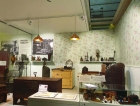
Triumphs Show 176: Using material culture as a means to generate an enquiry on the British Empire
ArticleClick to view -
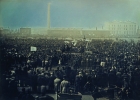
Teaching Year 8 pupils to take seriously the ideas of ordinary people from the past
ArticleClick to view -
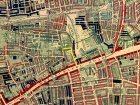
Using an anthology of substantial sources at GCSE
ArticleClick to view -
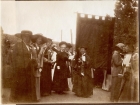
Polychronicon 174: Votes for Women
ArticleClick to view -

Peterloo: HA interview with Mike Leigh and Jacqueline Riding
ArticleClick to view -
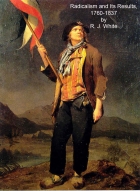
Radicalism and its Results, 1760-1837
ArticleClick to view -
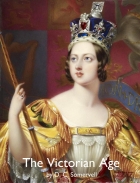
The Victorian Age
ArticleClick to view -

Bristol and the Slave Trade
ArticleClick to view -

Using databases to explore the real depth in the data
ArticleClick to view -
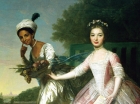
The Power of Context: using a visual source
ArticleClick to view -
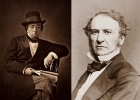
Engaging Year 9 students in party politics
ArticleClick to view -
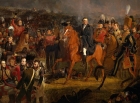
Assessing the Battle of Waterloo in the classroom
ArticleClick to view -
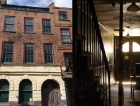
Helping Year 9s explore multiple narratives through the history of a house
ArticleClick to view -
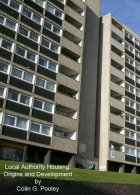
Local Authority Housing
ArticleClick to view -

Making sense of the eighteenth century
ArticleClick to view -
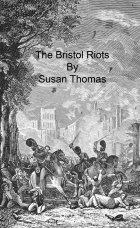
The Bristol Riots
ArticleClick to view -

Adam Smith
ArticleClick to view -
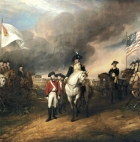
The effect of the loss of the American Colonies upon British Policy
ArticleClick to view -
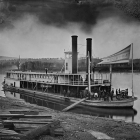
From Sail to Steam
ArticleClick to view -

Polychronicon 152: Changing interpretations of the workhouse?
ArticleClick to view

